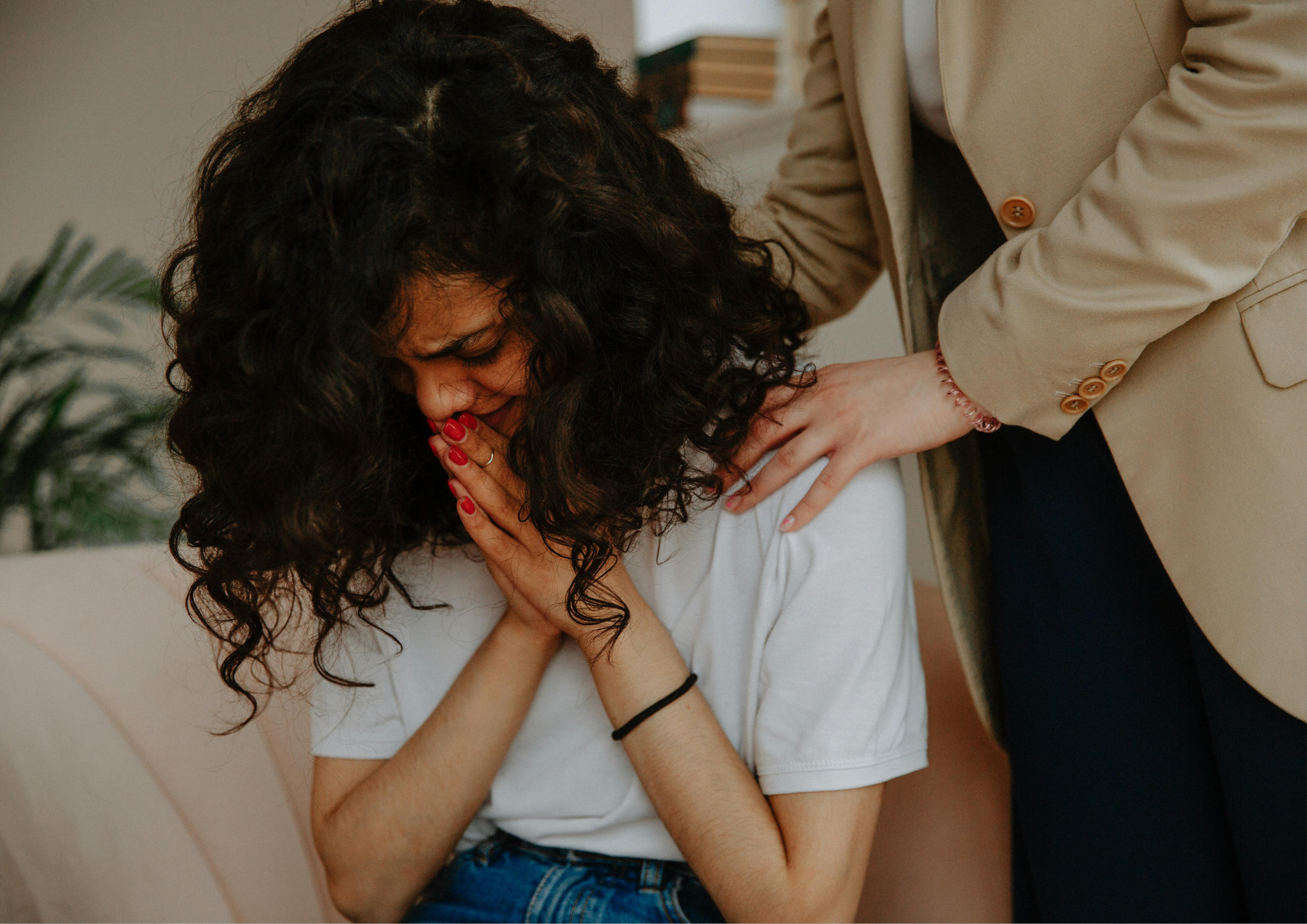Form and Space Workshop
Join the Authentic Movement event with Dr Hillary McBride on Friday, October 18, 7:30pm, at Elgin Hall in South Surrey.
- 1959 152 St Unit #316 Surrey, BC V4A 9E3
- In-person and virtual counselling available
- Accepting New Clients




